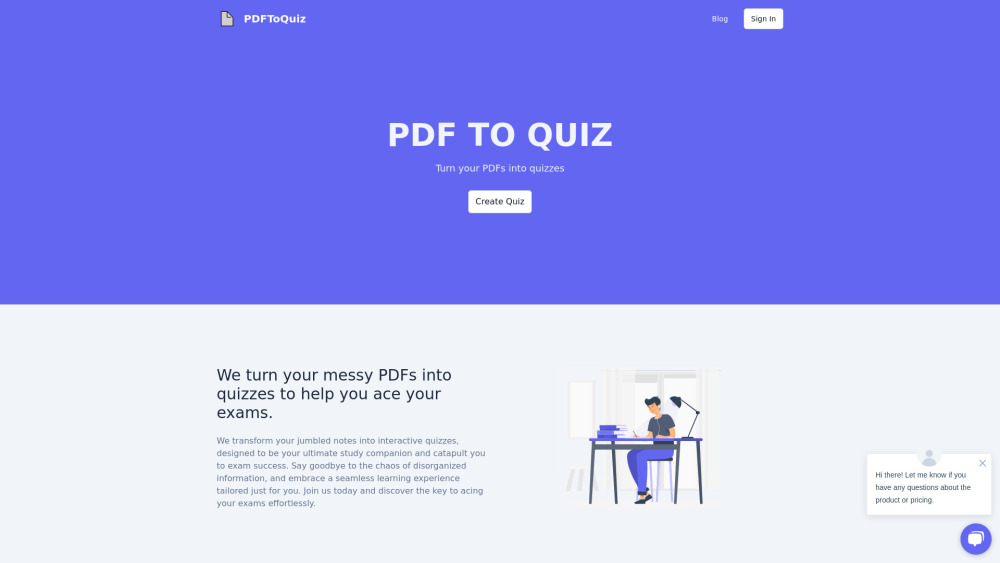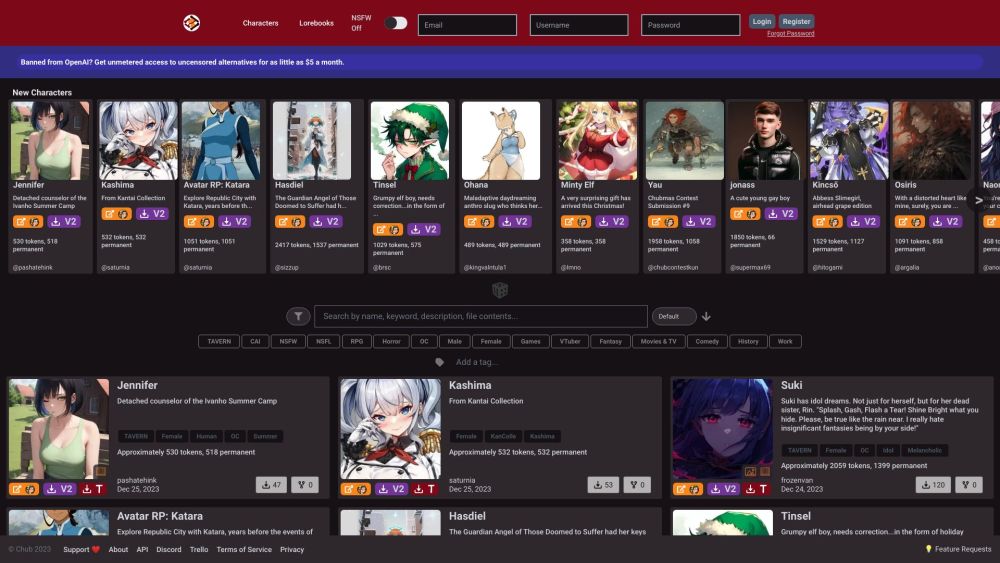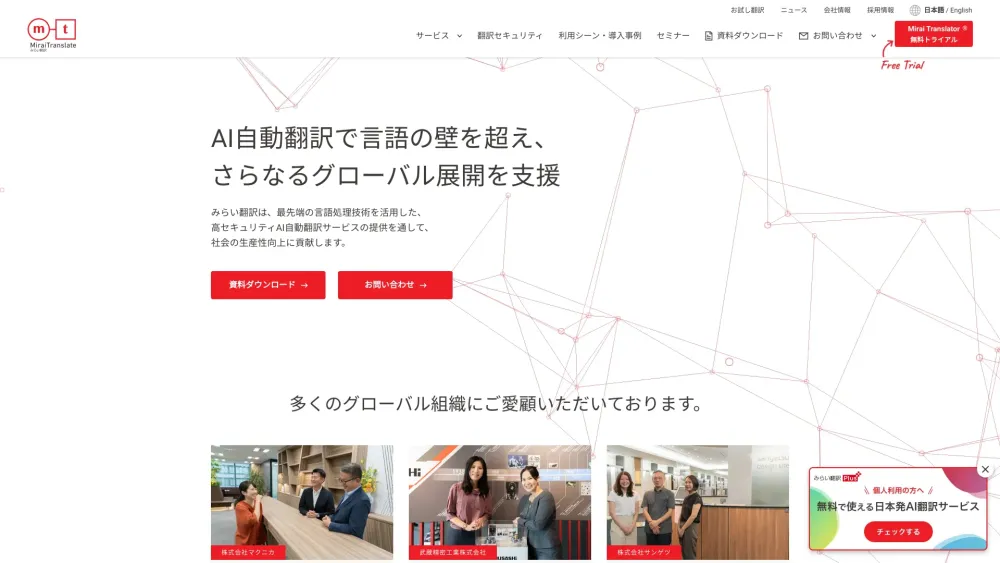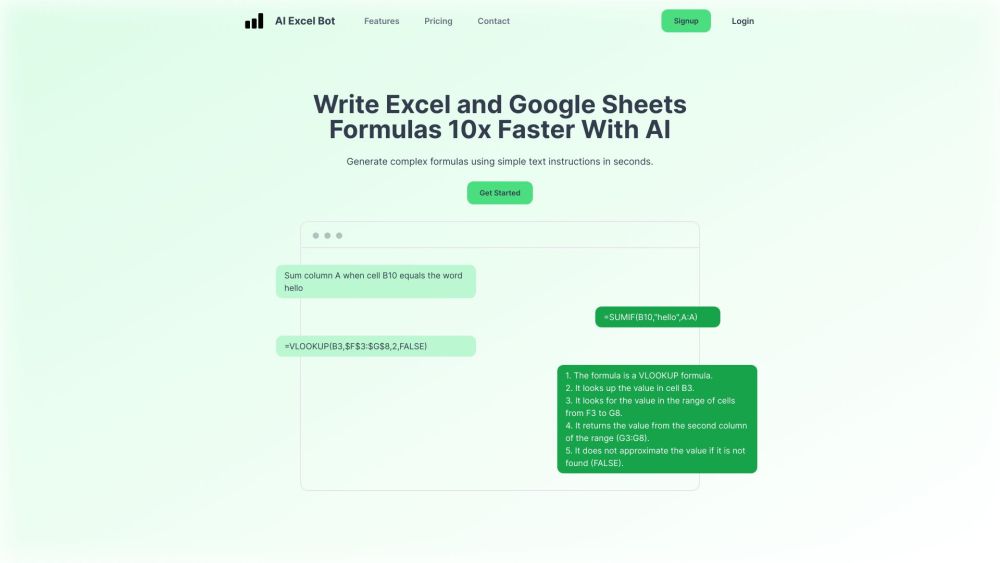You might think that new generative AI startups like Eleven Labs are at the forefront of translation services. However, voice translation has long been preceded by a significant market focused on content translation, which has attracted attention from startups for quite some time. Any company operating on an international scale requires efficient content translation, making this a lucrative market. For instance, Unbabel in Portugal has raised an impressive $106 million to date, including a recent $60 million funding round.
Since its inception in 2010, EasyTranslate has specialized in content translation by employing machine learning models to identify the best freelance translators for specific types of content. Recently, the company has pivoted towards a new direction with its generative AI-driven platform, aptly named “HumanAI.”
“We’ve transformed our entire business model from a human service-based approach to becoming an AI technology provider, which reduces costs and accelerates the translation process,” said Frederik R. Pedersen, the company’s founder.
Many translation services rely on machine-generated content with minimal human editing. However, translators often need to review the entire machine-generated translation to ensure context and clarity. EasyTranslate’s HumanAI platform revolutionizes this approach by processing content, integrating it with large language models (LLMs), and utilizing short-term memory within the LLM to enhance translation accuracy. It also minimizes human involvement to only where necessary, resulting in decreased translation times and costs.
HumanAI harnesses a combination of LLMs, including those from OpenAI, along with its unique recommendation systems. The platform operates using proprietary algorithms and customer data to deliver tailored content translation.
The key to this pivot, according to Pedersen, lies in leveraging LLMs to develop short-term memory, enabling the platform to convert generic English translations into context-specific English. It “vectors” content into a database, allowing for semantic searches that identify similarities, which help create a short-term memory model (also called retrieval-augmented generation).
This innovation means the platform can translate various forms of English—such as marketing language or financial terminology—while maintaining the original meaning of the text.
“We can blend traditional neural machine translation engines with customer-specific data to establish a strong foundation for localization and translation,” Pedersen explained, highlighting the shift from generic language to tailored, customer-centric language.
Why does this matter? Pedersen elaborated: “You might receive a grammatically correct machine translation, but it may still not convey the right tone. We identify low-confidence areas of the content and utilize human expertise for corrections, significantly boosting our productivity.”
Pedersen claims that HumanAI can reduce translation costs by 90%, pricing its services at €0.01 per translated word. The platform caters to global clients, including recognized brands like Wix and Monday.com.
Pricing presents an important challenge in this competitive landscape, particularly because companies generate substantial amounts of content that require translation.
“Take Adobe, for instance; they have a dedicated team focused on aligning terminology across various markets. Global brands invest considerable resources to ensure their messaging resonates correctly in local contexts,” Pedersen noted.
The pertinent question remains: How will EasyTranslate compete against pure-play AI solutions that are likely to improve over time?
“Our goal isn’t to operate solely as an AI service. We aim to combine the strengths of human expertise with AI capabilities to deliver added value to our clients. AI requires human feedback for ongoing refinement,” he said.
“It’s one thing to discuss comprehensive integration of content creation and translation, and another to maintain control over the model. Human oversight is essential since language evolves constantly.”
To date, EasyTranslate has raised a total of €3 million, securing support from private equity, debt financing, angel investors based in Copenhagen, and the Danish Innovation Fund.






